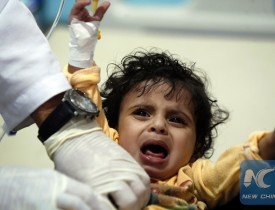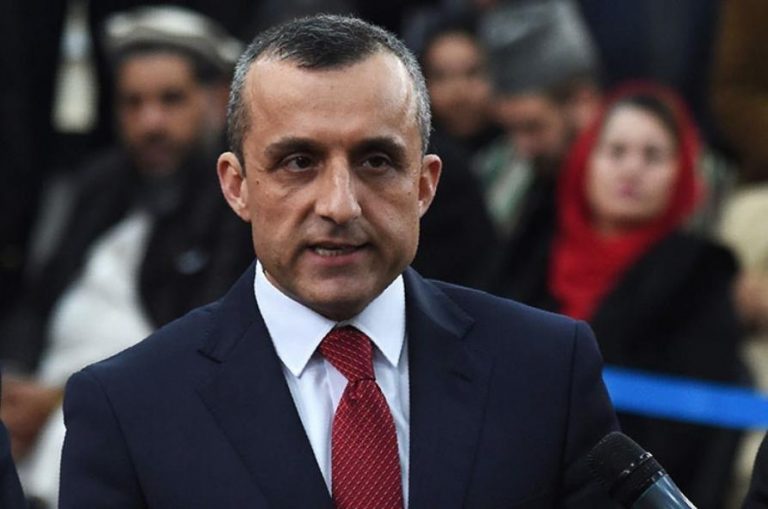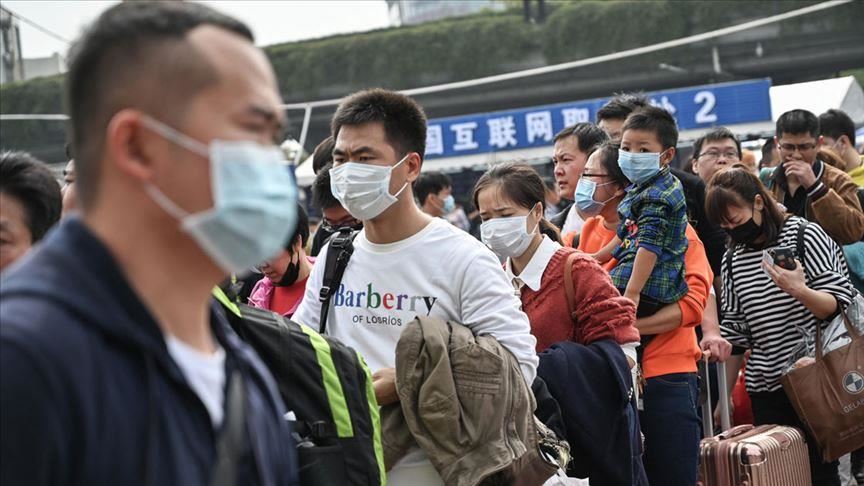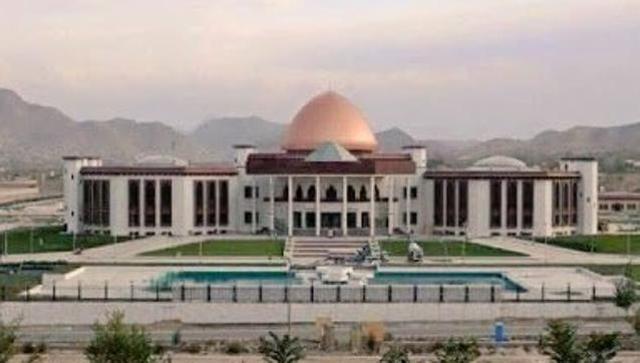Afghan Voice Agency(AVA), Most cases were reported from the capital Sanaa, reported the WHO.
The fresh statistics come 24 hours following the public health emergency state declared by Yemen's Ministry of Public Health and Population in its capital Sanaa, after the death of 115 cholera victims and the numbers of suspected cases reached 2,567, according to Yemen's state news agency Saba.
"This declaration came after the cholera epidemic spread across the capital's districts and neighborhoods," said Yemen's health ministry, calling for international organizations to help Yemeni hospitals cope with the "unprecedented humanitarian disaster."
The International Committee of the Red Cross warned that Yemen's hospitals are struggling to cope with increasing patient numbers.
The first wave of cholera outbreak in Yemen was announced on Oct. 6, 2016 by Yemen's Ministry of Public Health and Population.
The WHO warned that Yemen's healthcare system is on the verge of collapse as several hospitals have shut down due to the ongoing conflict.
It said only 45 percent of Yemen's hospitals are currently operational, yet they face a shortage of supplies and staff.
Yemen, an impoverished Arab country along the southern tip of the Arabian Peninsula, has been involved in a civil war for the past two years.
The war has set the Iranian-allied dominant Houthi movement, backed by forces loyal to former President Ali Abdullah Saleh, against their Saudi-backed government foe loyal to President Abd-Rabbo Mansour Hadi.
Sanaa and most of the northern provinces are controlled by Houthi rebels.
The war thus far has killed over 10,000 people, half of them civilians, and displaced over 2 million others, according to humanitarian agencies.












